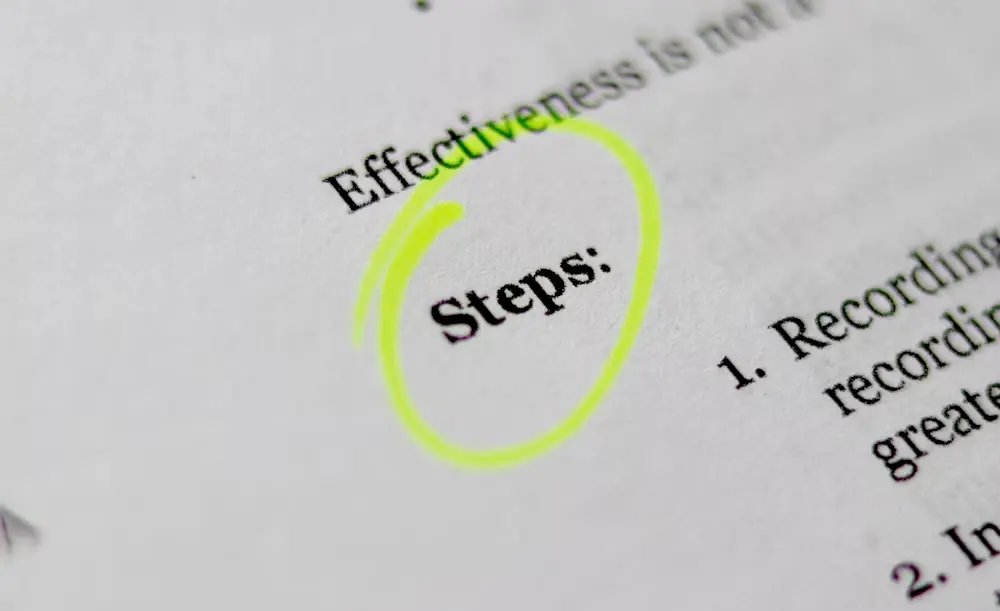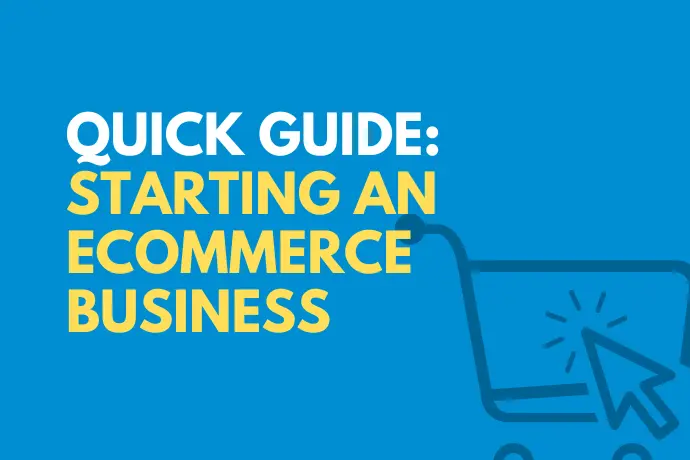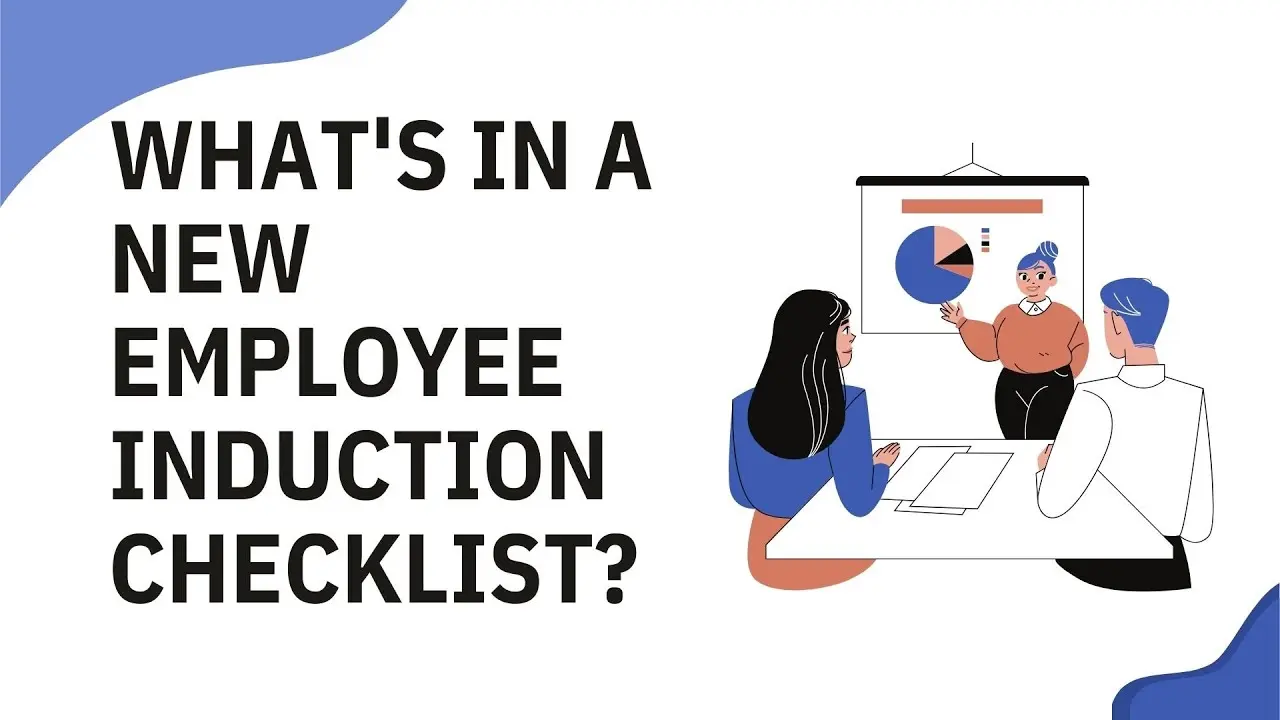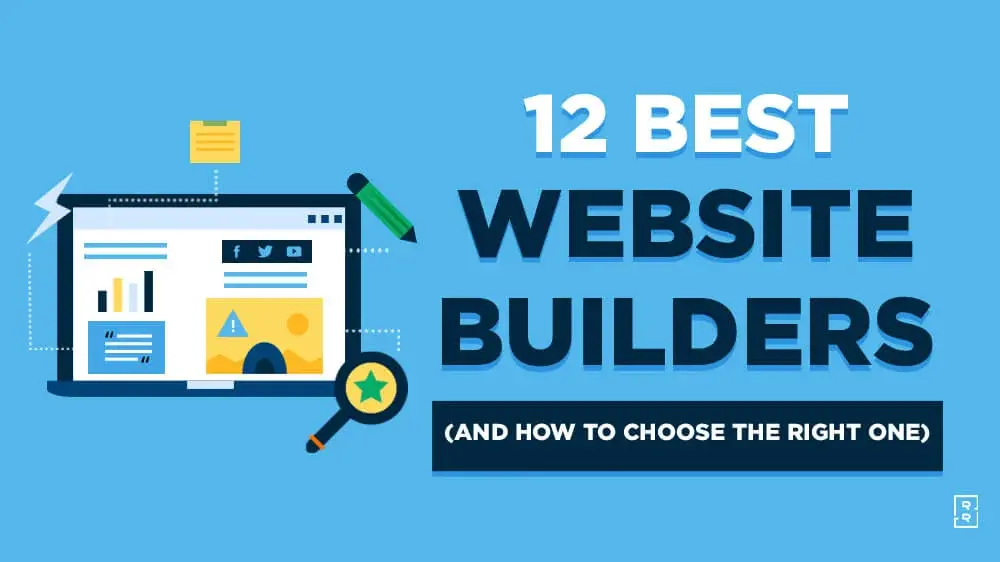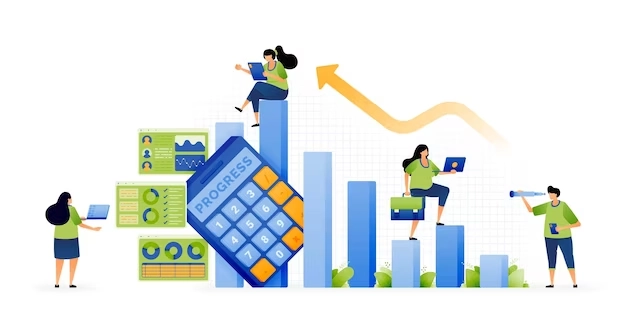Choosing the Best VPN A Guide to Safe and Secure Browsing

In an era where online privacy, security, and freedom are at risk, (Virtual Private Networks) have become essential tools. With over 5 billion internet users worldwide, cyber threats, data tracking, and geo-restrictions affect millions daily. A protects your personal data, hides your online activity, and allows access to restricted content. Companies like Netflix, Google, and Facebook track user behavior, while some governments censor the internet. In response, millions turn to VPNs—NordVPN alone has over 14 million users—to regain control of their digital presence. This article explains why it’s matter, how they work, and how to choose the best one for your needs.
What Is a VPN, and How Does It Work?
A (Virtual Private Network) is a tool that helps keep your internet activity private and secure. When you go online, websites, hackers, and even your internet provider can see what you are doing. A VPN hides your real location and protects your data by creating a secure and encrypted connection between your device and the internet.
Here’s how it works: When you turn on a VPN, it sends your internet traffic through a private tunnel to a special server. This server hides your real IP address (which is like your online fingerprint) and replaces it with a different one. This makes it look like you are browsing from another location. Because of this, people use to stay safe on public Wi-Fi, hide their online activity, and access websites that might be blocked in their country.
There are useful for many things. If you are using Wi-Fi at a coffee shop or airport, a keeps your personal information safe from hackers. If you want to watch a show that is only available in another country, a VPN can help you unlock it. Many companies and schools also use to keep their data secure. In short, a VPN is like a super-secret tunnel for your internet connection. It helps keep your online activity safe, private, and free from restrictions.
Why VPNs Matter in Today’s Digital World
In today’s digital world, privacy, security, and unrestricted access to the internet are more important than ever. With cybercrime expected to cost $10.5 trillion annually by 2025, protecting personal information online has become a necessity. A(Virtual Private Network) plays a key role in securing internet connections, encrypting data, and hiding users’ online activity from hackers, advertisers, and even governments.
Beyond security, provide freedom to access restricted content. Many websites and streaming services like Netflix, Hulu, and BBC iPlayer limit content based on location. A helps users bypass geo-restrictions, allowing them to enjoy the internet without barriers. Additionally, in countries with strict censorship, like China and Russia, VPNs allow users to access blocked websites such as Google, YouTube, and WhatsApp.
It also help businesses protect sensitive data, ensuring that remote workers can securely access company networks. Even everyday users benefit from VPNs when using public Wi-Fi at cafes, airports, or hotels, where cybercriminals often try to steal personal information. With over 1.6 billion VPN users worldwide, the demand for online privacy and unrestricted browsing continues to grow. As digital threats and internet restrictions increase, It’s remain a crucial tool for protecting online freedom, privacy, and security.
What Are the Various Applications of a VPN?

A (Virtual Private Network) is a tool that helps people stay safe and private online. It works like a secret tunnel that protects your internet activity from hackers, websites, and even your internet provider. But a VPN is not just for security—it has many other uses too. One of the biggest reasons people use a VPN is to stay safe on public Wi-Fi. When you connect to free Wi-Fi at a coffee shop, airport, or hotel, hackers can try to steal your personal information. A VPN keeps your data safe and hidden so no one can see what you’re doing online.
A also helps people watch videos and play games that may not be available in their country. For example, some shows on Netflix, Disney+, or YouTube are only available in certain places. With you can change your online location and watch them from anywhere! Gamers also use to play on different servers and reduce lag.
Some people live in countries where the internet is restricted, and websites like Google, YouTube, and social media are blocked. A helps them bypass these restrictions and access the open internet. Businesses also use to let employees work from home safely by protecting important company data.
A VPN can even help save money! Sometimes, flight tickets, hotels, and online products cost more depending on where you are. A VPN lets people change locations to find cheaper deals. Overall, This is a powerful tool that helps people stay safe, unlock content, and enjoy a better internet experience.
Do you need a VPN and why?
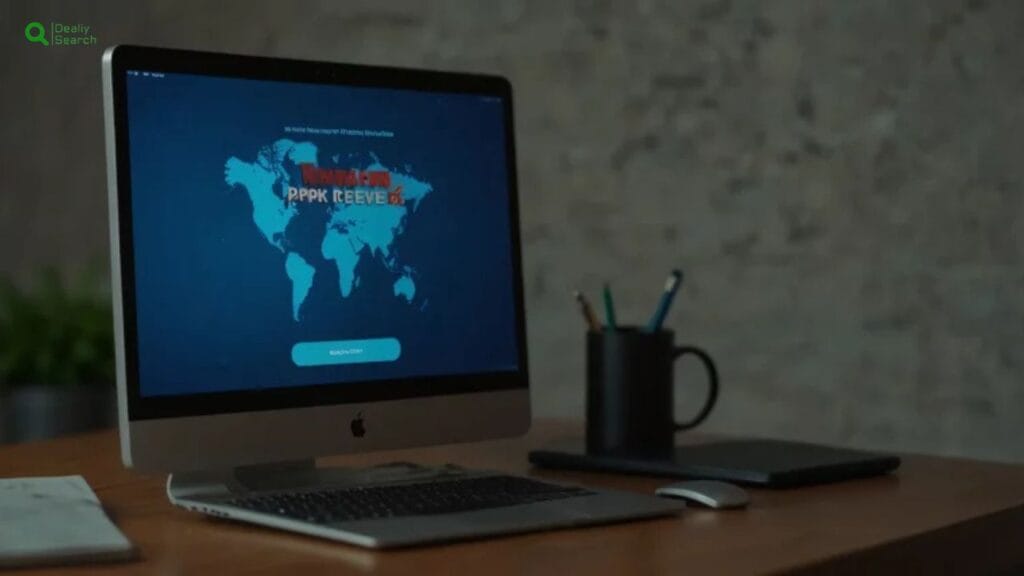
In today’s digital world, using a (Virtual Private Network) is becoming more important for privacy, security, and online freedom. Whether you need a VPN depends on how you use the internet, but for many people, it is a useful tool. One of the biggest reasons to use a VPN is privacy protection. A VPN hides your real IP address and encrypts your internet traffic, making it harder for websites, advertisers, and even your internet service provider (ISP) to track your online activities. This is especially important when using public Wi-Fi at places like airports, hotels, and coffee shops, where hackers could steal personal data.
Another reason to use a this is to access blocked or restricted content. Some websites, streaming services like Netflix, Disney+, and Hulu, and even social media platforms limit access based on location. Allows you to change your virtual location and bypass these restrictions. This is also useful for people in countries with strict internet censorship, where services like Google, YouTube, or WhatsApp may be blocked.
Are also helpful for gamers who want to reduce lag, prevent DDoS attacks, and access different game servers. Businesses use VPNs to allow employees to safely access company networks while working remotely. While not everyone needs a VPN all the time, it is a valuable tool for keeping your internet activity private, secure, and unrestricted. If you care about online privacy, security, and accessing global content, then a definitely worth using.
What Are the Benefits of Using a VPN?
A (Virtual Private Network) is a powerful tool that helps protect your privacy, security, and online freedom. Here are some key benefits of using a VPN:
- Protects Your Privacy – A hides your real IP address and encrypts your internet traffic, making it difficult for websites, advertisers, and even your internet provider (ISP) to track your online activities.
- Secures Public Wi-Fi Connections – When using free Wi-Fi at cafes, airports, or hotels, hackers can try to steal your data. A encrypts your connection, keeping personal information safe from cyber threats.
- Bypasses Geo-Restrictions – Some websites and streaming services like Netflix, Disney+, and YouTube block content based on location. A VPN allows you to change your virtual location and access restricted content from anywhere.
- Avoids Censorship – In countries where the internet is restricted, a helps people access Google, YouTube, WhatsApp, and other blocked websites, ensuring internet freedom.
- Enhances Gaming Experience – Gamers use to reduce lag, prevent DDoS attacks, and access different gaming servers worldwide.
- Saves Money on Online Purchases – Websites sometimes show higher prices for flights, hotels, and shopping based on your location. A VPN helps you find better deals by switching to different countries.
- Allows Secure Remote Work – Businesses use to let employees safely access company networks from home, keeping sensitive data secure.
Using a improves security, privacy, and access to the global internet, making it an essential tool for today’s digital world.
How to Find the Best and Right VPN
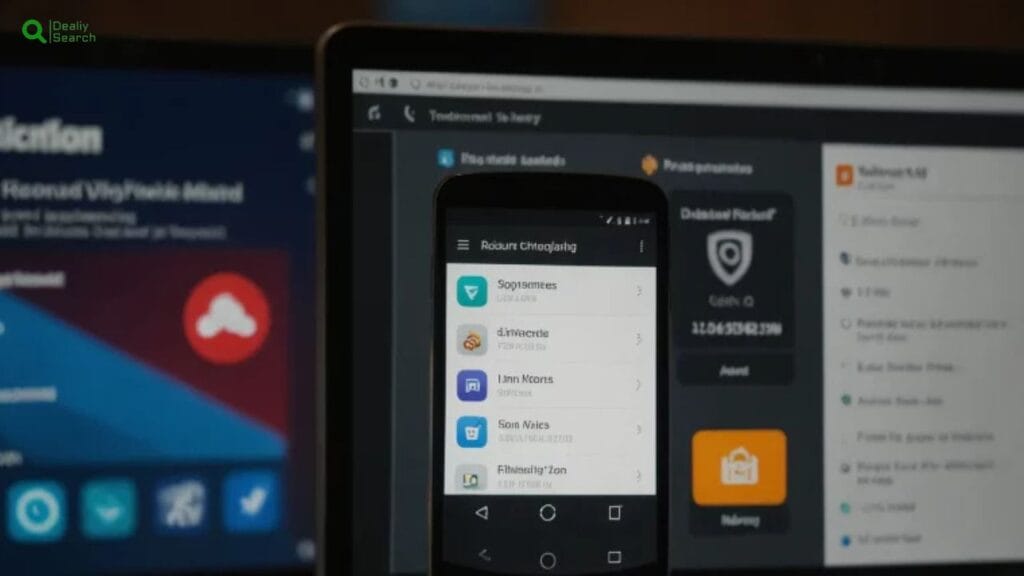
Finding the right (Virtual Private Network) is important if you want to stay safe online, watch blocked videos, or protect your privacy. But with so many VPNs available, how do you choose the best one? First, look for that keeps your information private. A good it should hide your location, encrypt your data, and have a “no-logs policy,” which means it doesn’t track what you do online. If you want to watch shows from other countries on Netflix, Disney+, or YouTube, make sure the can unblock streaming services.
Speed is also important! Some slow down your internet, so choose one that is fast and doesn’t cause buffering when you watch videos or play games. You should also check if the works on your phone, tablet, or computer and allows multiple devices to connect at the same time. Another thing to consider is customer support. If you ever have trouble, with a 24/7 live chat can help. Finally, compare prices and free trials—some offer money-back guarantees so you can test them before buying.
Some of the best VPNs are ExpressVPN, NordVPN, Surfshark, and CyberGhost. By picking a with strong security, fast speeds, and good support, you can enjoy a safer and more private internet experience!
Frequently Asked Question
1. What is a VPN and how does it work?
A Virtual Private Network (VPN) is a service that encrypts your internet connection, ensuring privacy and security by routing your data through a secure server. This process hides your IP address and protects your online activities from being monitored by third parties.
2. Why should I use a VPN?
Using a enhances your online privacy, secures your data on public Wi-Fi networks, allows access to geo-restricted content, and helps bypass internet censorship in certain regions.
3. Can a VPN improve my internet speed?
Typically, a VPN may slightly reduce your internet speed due to encryption overhead. However, in cases where ISPs throttle bandwidth for specific services, a can help maintain consistent speeds by masking your activity.
4. How do I choose the right VPN service?
Consider factors like strong encryption protocols, a strict no-logs policy, server locations, connection speeds, device compatibility, and reliable customer support when selecting a provider.
5. Will a VPN make me completely anonymous online?
While a enhances privacy by masking your IP address and encrypting data, it doesn’t guarantee complete anonymity. Websites can still track you through cookies and other methods. For comprehensive anonymity, consider using additional privacy tools alongside a VPN.
Conclusion
In today’s digital world, There are more than just a tool—they are a necessity. With growing concerns over privacy, cybersecurity, and internet restrictions, a provides a secure, private, and unrestricted online experience. Whether you want to protect your personal data, browse safely on public Wi-Fi, access blocked content, or improve your gaming experience, This is a smart investment. As cyber threats and online tracking continue to rise, using a VPN ensures you stay in control of your digital presence. By choosing the right VPN, you can enjoy a safer, freer, and more private internet.

